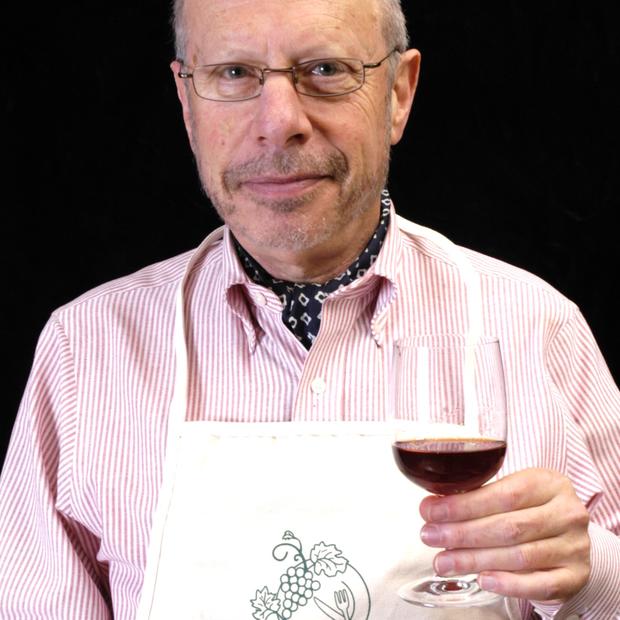It's been four years since Kathleen Flinn's first book came out. A journalist and Seattle native, she was working in London as an editor for an Internet publisher (starts with an M, as I recall) when she got laid off; she decided to use her severance pay for tuition at Le Cordon Bleu, the prestigious culinary school in Paris. Her boyfriend (now husband) joined her, and they had a great time learning how to cook. In her book The Sharper Your Knife, the Less You Cry, we watched Kat Flinn fillet a sea bass, dispatch a live lobster, rip the tendons from a guinea fowl. We shared her cold Chablis in an apartment overlooking Paris streets; we sat beside her as she sipped Champagne at three-star Ledoyen. Living, Kat points out, requires that you taste, taste, taste.
So she was stunned, at the QFC on Broadway, one day in 2008, to watch a woman with a shopping cart full of boxed, processed food like cake mixes, Hamburger Helper, bottled gravy, and Dino Bites, complain about the price of chicken breasts. Trying to be helpful, Flinn pointed out that whole chickens were on sale for 99 cents a pound. "But I wouldn't know what to do with a whole chicken," the woman said.
From that moment of the epiphany that most people preparing meals at home really have very little idea how to actually cook, Flinn embarked on her project, chronicled in her new book, The Kitchen Counter Cooking School. First she recruited a group of volunteers (nine women, the lone man dropped out), and, in the privacy of their own kitchens, gave them 10 weeks of free cooking lessons ... and a lifetime of confidence in their own abilities.
The universe doesn't need another restaurant chef, Flinn believes, as much as it needs people who can teach others how to cook. "Cooking on TV is like a magic show," she says; Anthony Bourdain's Kitchen Confidential doesn't inspire confidence in the kitchen.
Fllnn's husband, Mike Klozar, videotaped every session, allowing Flinn to keep a good record of her students' progress. And one by one the good women experience their own epiphanies. "That stuff in a box?" one exclaims, "You can make that!"
Some revelations along the line. "Season to taste" as a recipe instruction is useless, since most of her students had no idea what the dish was supposed to taste like in the first place, and didn't trust themselves to know. So the back of her book includes a helpful "cheat sheet" of flavor profiles: French is "butter, shallots, onions, celery ..." Italian is "garlic, onions, basil, prosciutto, parmesan ..." Tex-Mex is "cumin, chili powder ... "North African is "mint, lemon, saffron, turmeric."
Flinn's advice to Seattle's busy, bustling, often self-absorbed "foodie" community: Spend less time oohing and aahing over perfect peaches and wild leeks, and more time in the center aisles of supermakets. "Every grocery cart tells a story," Flinn reminds us. And the center aisle is where real people shop for dinner. Hamburger Helper sales are way, way up this year.
As a companion to her book, Flinn has partnered with an elegantly designed local website called Rouxbe.com (pronounced Ruby) to offer a series of online cooking classes. The first lesson, "How to Cut Using a Chef's Knife." Sounds a bit like her first title, and is free. There's plenty more, on YouTube, Twitter, Facebook, and her own, ambitious website, KathleenFlinn.com. She knows that the first rule of teaching is keeping the attention of your audience.
The book: The Kitchen Counter Cooking School, Viking Adult, 304 pages, $26.95.


